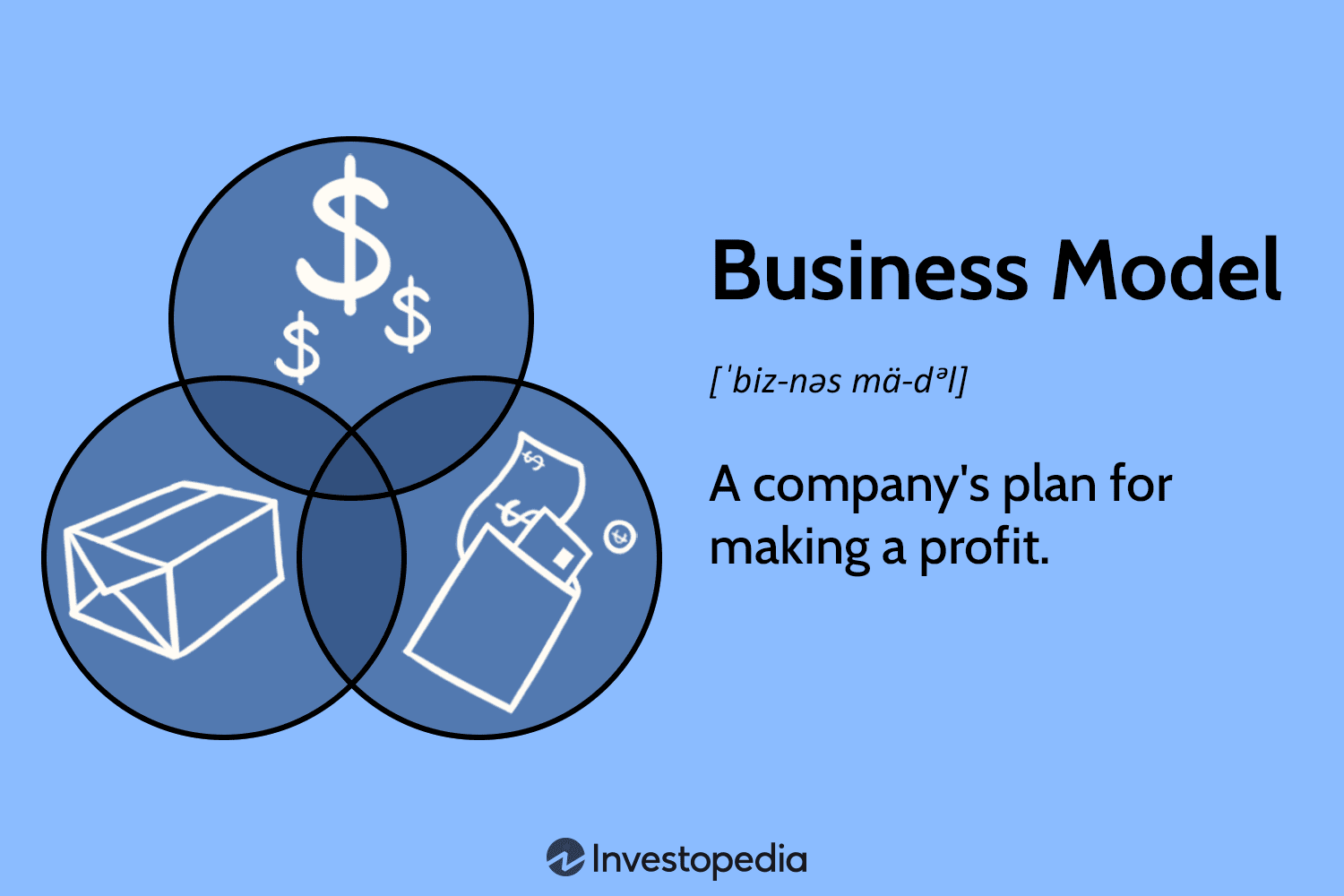In an era where technology is omnipresent and rapidly evolving, danatoto businesses are increasingly pressed to adapt or risk obsolescence. Digital transformation isn’t just a buzzword; it’s an imperative strategic realignment that fundamentally revolutionizes traditional business models. In this article, we delve into how digital transformation is reshaping the very fabric of business operations and strategies.
Understanding Digital Transformation
At its core:
1. What is it? Digital transformation involves the integration of digital technology into all areas of a business. It’s not just about digitizing operations; it’s about rethinking processes, cultures, and customer experiences in the digital age.
2. Why is it Crucial? As consumer behaviors shift towards digital platforms and as competition intensifies, businesses need to innovate, improve efficiency, and deliver more value to stay relevant.
Impacts on Traditional Business Models
Digital transformation is overturning old paradigms:
1. Customer Interactions: With the rise of e-commerce, social media, and digital platforms, businesses can engage with customers directly, gather data, and personalize experiences.
2. Operational Efficiency: Automation, artificial intelligence (AI), and data analytics help streamline operations, reduce costs, and improve decision-making.
3. Product and Service Innovation: Traditional products are evolving into services. For instance, music CDs have given way to streaming platforms.
4. Workplace Evolution: Remote work, digital collaboration tools, and digital training platforms redefine the way businesses operate internally.
Challenges in the Digital Transition
While transformative, the journey isn’t without hurdles:
1. Resistance to Change: Long-established businesses might face internal resistance due to a deeply embedded traditional mindset.
2. Data Security: As operations move online, data breaches and cybersecurity threats become real concerns.
3. Continuous Learning: The rapid pace of technological advancements demands perpetual upskilling of the workforce.
Success Stories: Traditional Businesses Embracing Digital
Several traditional businesses have adeptly pivoted through digital transformation:
**1. The Walt Disney Company: Once primarily a movie and TV show producer, Disney has transitioned into the digital age with its streaming platform, Disney+, challenging established players like Netflix.
**2. Ford: The automobile giant is transitioning from just selling cars to becoming a mobility service provider, leveraging technologies like AI and IoT for smart vehicles.
**3. Walmart: The retail behemoth has significantly expanded its e-commerce presence, utilizing digital tools for inventory management, customer insights, and online sales.
The Road Ahead: Future Trends in Digital Transformation
The digital metamorphosis will continue to evolve:
**1. IoT and Smart Systems: The Internet of Things (IoT) will interconnect everyday objects, offering businesses data-driven insights and automation opportunities.
**2. Blockchain: Beyond cryptocurrencies, blockchain can offer supply chain solutions, contract management, and more.
**3. Extended Reality (XR): Virtual and augmented reality can revolutionize sectors from real estate to education.
**4. Decentralized Finance (DeFi): Traditional banking models may undergo disruption as blockchain-based financial systems rise.
Conclusion
Digital transformation is no longer optional. It’s a necessary evolution that businesses must undergo to meet the ever-changing demands of the modern world. By integrating digital strategies and technologies, traditional business models can not only survive but thrive in this new era.
Keywords:
- Digital transformation,
- traditional business models,
- customer interactions,
- operational efficiency,
- e-commerce,
- automation,
- data security.
Meta Description: “Explore how digital transformation is revolutionizing traditional business models, reshaping operations, customer experiences, and product innovations in today’s digital-first world.”
Tags: #DigitalTransformation #BusinessInnovation #OperationalEfficiency #DigitalAge #BusinessEvolution
Note: Digital transformation is a continuous journey, not a one-time project. The landscape is dynamic, with new technologies and strategies emerging regularly. Businesses need to remain agile, adapting to these changes to harness the full benefits of the digital revolution.




